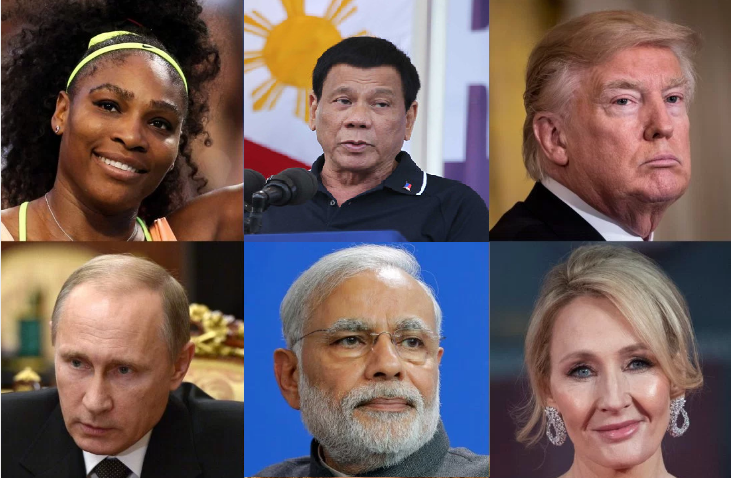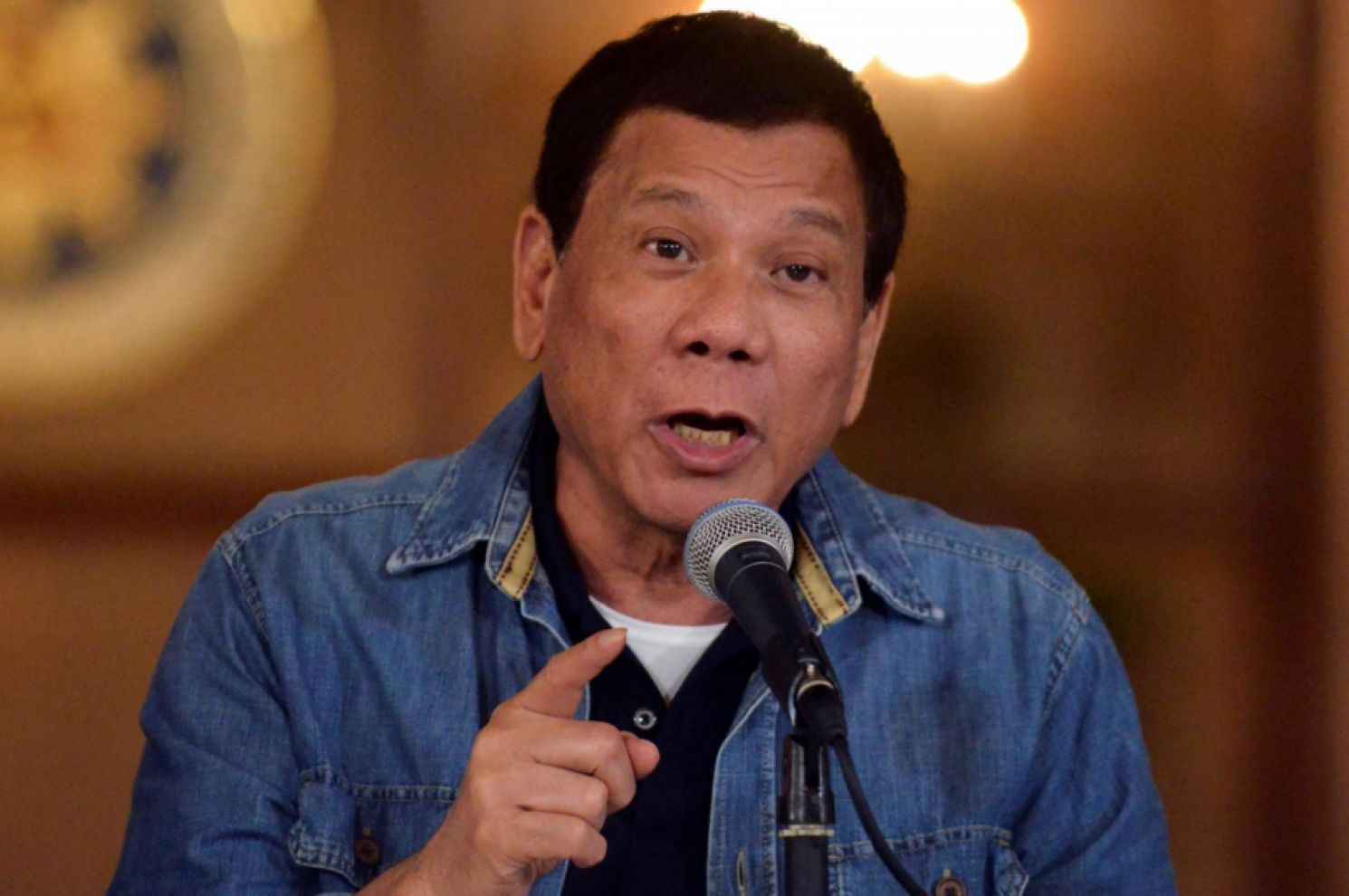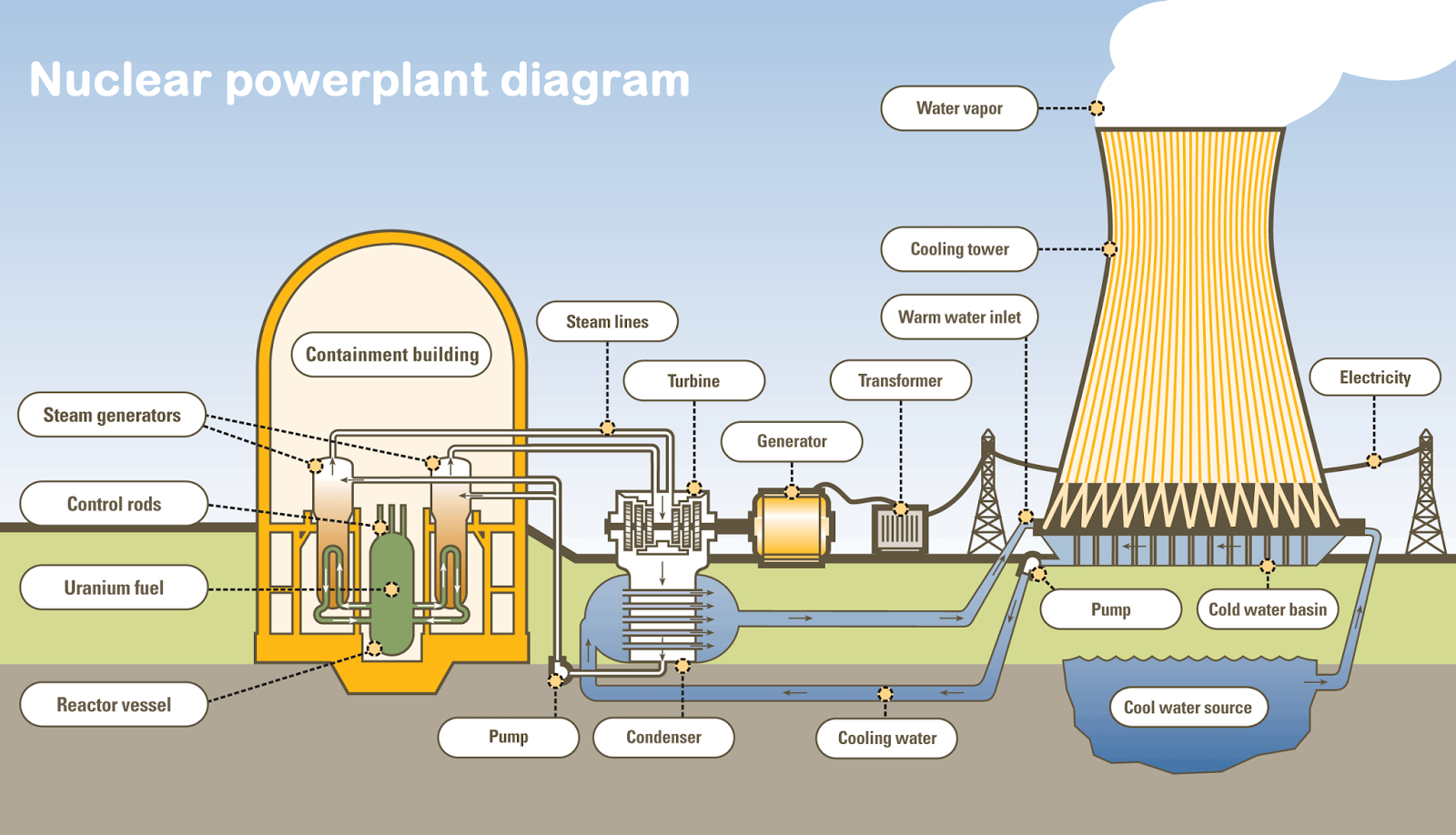
North Korean Cargo Ship "KUM YA" (former Lucky Star 7)
By James Pearson, Rozanna Latiff and Tom AllardKUALA LUMPUR, March 29
(Reuters) - Malaysia briefly prevented a North Korean ship carrying coal from entering its port in Penang because of a suspected breach of United Nations sanctions, a port worker and Malaysian maritime officials told Reuters on Wednesday
The KUM YA (Formerly Lucky Star 7) was carrying 6,300 metric tons of anthracite coal, according to a worker at Penang Port who spoke to Reuters on condition of anonymity. It was later allowed to dock, where an inspection team accompanied by an armed escort boarded the ship.
A December 2016U.N. Security Council resolution placed a cap on exports of North Korean coal, and urged member states to apply extra scrutiny on North Korean ships.
Production of coal in North Korea is state-controlled and its exports are a key source of hard currency for the isolated country's banned nuclear and ballistic missile programs.
Relations between North Korea and Malaysia, which have been friendly for decades, have soured following the February assassination of North Korean leader Kim Jong Un's half-brother at Kuala Lumpur International Airport.
The North Korean ship had been initially prevented from entering Penang Port due to a possible breach of U.N. sanctions, MMEA deputy director-general of operations Zulkifli Abu Bakar, told Reuters without offering further details.
It was unclear what the inspectors were checking on. The United Nations in its annual reports on how members have complied with sanctions have cited a number of instances over the past decade in which North Korean missile parts and coal connected to sanctioned entities were trans-shipped through Malaysia.
Malaysia is one of the few countries in the world which buys North Korean coal, with China by far the biggest importer.
LUCKY STAR
The KUM YA was recently re-flagged as a North Korean ship, changing its name from Lucky Star 7 in November last year, according to the Equasis shipping database.
It was registered on Feb. 13 to North Korean shipping company Sonchonggang Water Transport, according to copies of the ship's registration documents, which were issued by North Korea'sMaritime Administration, and seen by Reuters.
The ship was carrying 20 crew members, and was scheduled to sail onto Singapore, the port worker said.
The ship listed its port of origin as Busan, South Korea. However, shipping data in Thomson Reuters Eikon shows the cargo was loaded at the Huaneng Shandong Power Station Weihai, a coal-fired power plant. It then sailed to Penang through the South China Sea and the Malacca Strait, the data shows.

China halted all coal imports from North Korea starting on Feb. 26, amid growing tensions on the Korean Peninsula following one of a series of Pyongyang's missile tests.
Malaysia's foreign ministry told officials at Penang Port not to let the ship dock before an inspection team had it "declared safe," the port worker said.
The Malaysian Maritime Enforcement Agency (MMEA) confirmed the ship had been stopped following instructions from Malaysia's foreign ministry, which did not immediately respond to requests for comment.
"Many North Korean ships call on our ports and we never had problems. Just over the recent months, there have been problems," the port worker told Reuters. "We have never received directives to stop North Korean ships before."
NOT CONFISCATED
The KUM YA was first stopped at sea before being allowed to dock in port where it was immediately cordoned off, the port worker said.
"Minerals and Geoscience Department officials were then called to inspect the cargo on board. The department officers were told to confirm it was indeed coal on board," the port worker said.
The coal was being unloaded on Wednesday afternoon and has not been confiscated, the port worker said.
Since 2011, Malaysia has imported over 2 million metric tons of coal a year, according to government statistics, which are not broken down by country of origin.
The KUM YA shipment was handled by Malaysian freight forwarding company Alim Maritime Sdn Bhd, the port worker said. An Alim Maritime official reached by telephone declined to comment.
The KUM YA can hold up to 6,843 metric tonnes of cargo, according to Equasis, meaning it was 92 percent full when it arrived in Penang.

























 Top 12 World's fastest Internet, South Korea rank no. 1. Illustration Photo: businessinsider.com
Top 12 World's fastest Internet, South Korea rank no. 1. Illustration Photo: businessinsider.com










